This fall, we’re working with partners to build a diverse, community-minded governing board and committees to help guide the Colorado News Collaborative, or COLab. Innovative thinkers — particularly those from outside of the journalism field, outside of the Front Range, and from historically marginalized communities — let us know you’re interested!
Throughout 2020, the Colorado Media Project and the Colorado Press Association are supporting the launch of COLab as a new, independent, nonprofit ideas lab and resource hub that shares our mission to strengthen local news and civic participation through collaboration, community engagement, and capacity-building.
Already COLab Executive Director Laura Frank has convened a strong coalition among more than 40 Colorado news organizations — across geographies and content delivery platforms — who are now working together on projects in the public interest ranging from COVID-19 to combating misinformation to the 2020 election. (If you’re a journalist and not yet linked up, you can join COLab here.) Laura is also building a world-class team, including two award-winning reporters — Susan Greene and Tina Griego — who are now working with under-resourced newsrooms in “news desert” communities to do groundbreaking accountability journalism and lift voices that would otherwise go unheard.
And as newsroom layoffs, furloughs, and coverage reductions sweep the state and the nation in the wake of COVID, we’re also ramping up COLab’s internal capacity to work as a trusted partner alongside newsrooms and communities — particularly those in transition or threat of becoming news deserts, and those outside of the Front Range — to help chart new pathways for sustainable local news. Asset mapping, scenario planning, and partnership building will be at the forefront of this work, and a broad range of stakeholders including higher education, nonprofits, businesses, and underrepresented individuals and communities will need to come together to uncover locally viable solutions.
This is exciting work — but we just can’t do it alone. We need the most creative minds in media and technology, and the most enthusiastic and talented community leaders from across sectors to join us — which is why we’re putting out this public call for nominees to join the COLab governing board and working committees.
We’re also inviting our COLab newsroom partners to flag their interest in joining the COLab Editorial Advisory Committee. This working group includes representatives from COLab’s founding newsrooms, and helps guide editorial policies and projects for COLab. We’re specifically interested in adding representatives from newsrooms outside the Front Range, and those that serve Colorado’s diverse racial and ethnic communities.
Simply put, this is a pivotal moment. Our movement for “local news as a public good” has never been just about journalism — first and foremost, this is a democracy project, focused on meeting the ever-evolving local news and information needs of Colorado’s diverse communities. So along with our newsroom and media partners in COLab, we are hoping to seed a democratic (small “d”) movement that engages and inspires a broader range of our community to join us on the journey.
Sound interesting? Would you, or someone you know, make a great COLab board member, community advisor, or editorial advisory committee member? Please let us know if you have any standout suggestions, and/or if you are interested in being a candidate yourself, for a multi-year term starting in 2021.
Click the buttons above to see the full job description for COLab governing board members, and to submit a name for consideration — for any of the leadership roles in COLab. Note that this is an information-gathering phase, so flagging your interest is just a first step.
Nominations received by COB on Friday, Sept. 25 will receive priority review.
Again, we are particularly interested in recruiting committed, mission-aligned leaders from outside of the journalism field, outside of the Front Range, and from historically marginalized or underrepresented communities — so thanks in advance for your interest and ideas!

